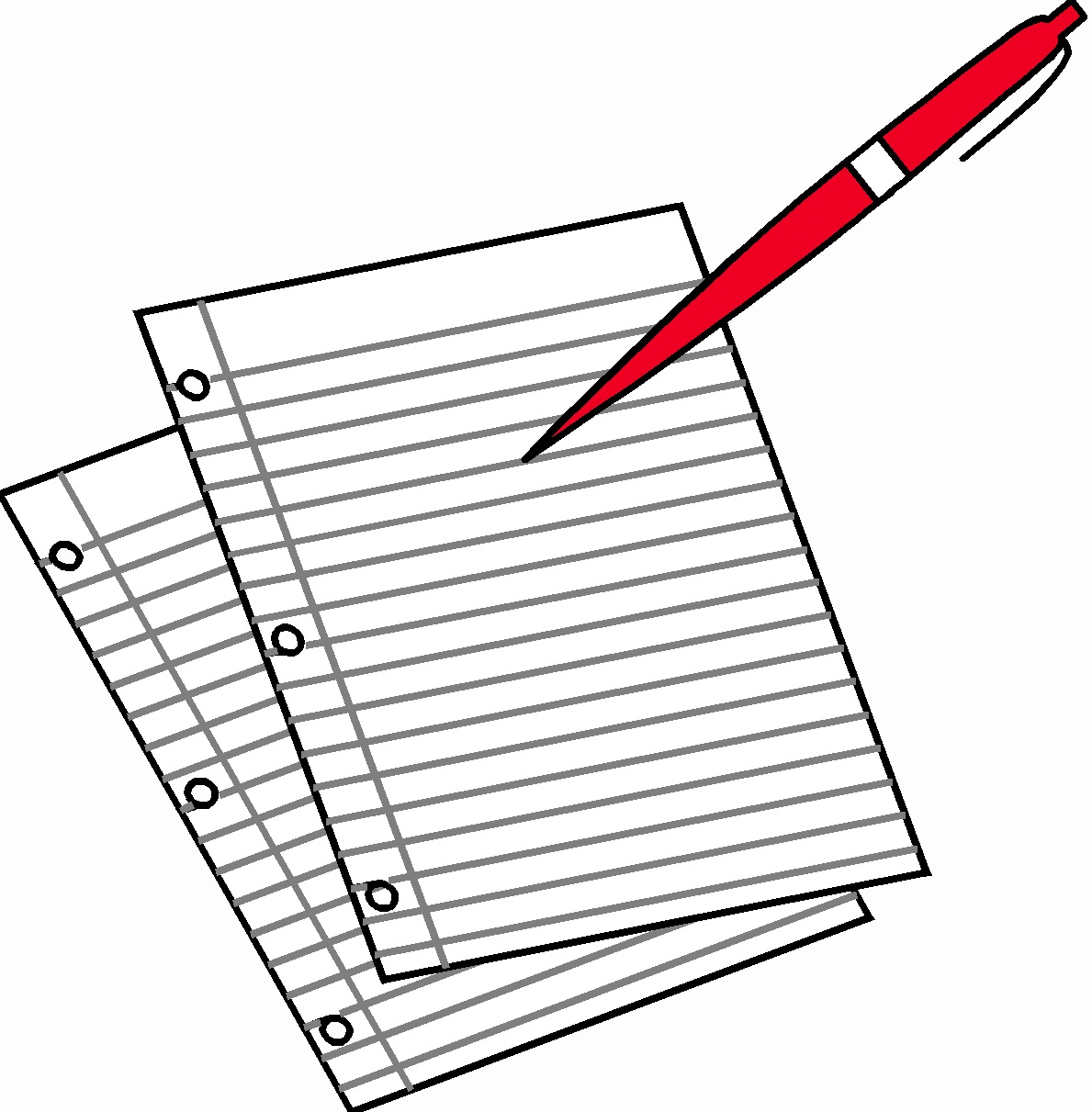What is the theme of the poem Second Coming?
What is the theme of the poem Second Coming?
The basic theme of the poem is the death of the old world, to be followed by the rebirth of a new one. It draws upon Biblical symbolism of the apocalypse and the second coming of Christ to make its point. However, Yeats poses the question of what will be born out of this overwhelming chaos.
What is the Yeats claim about the Second Coming?
Yeats’s claim about the Second Coming is that it will not be a day of peace and salvation, but rather one of fear and reckoning. According to Yeats, it will be a day when nature is disturbed, when good people are apathetic, and when evil comes home to roost.
What happens when the speaker mentions the Second Coming?
Immediately after the speaker mentions it, he sees a beast emerging from the desert. The beast is emerging from “Spiritus Mundi” which is Latin for “the spirit of the world.” So the beast is emerging from the way we people are today. So this new vision is a horrible one.
What does the Second Coming refer to?
Second Coming, also called Second Advent or Parousia, in Christianity, the future return of Christ in glory, when it is understood that he will set up his kingdom, judge his enemies, and reward the faithful, living and dead.
What is the meaning of the Second Coming?
• SECOND COMING (noun) The noun SECOND COMING has 1 sense: 1. ( Christian theology ) the reappearance of Jesus as judge for the Last Judgment. Familiarity information: SECOND COMING used as a noun is very rare. Dictionary entry details.
What does the Second Coming mean Yeats?
“The Second Coming” was intended by Yeats to describe the current historical moment (the poem appeared in 1921) in terms of these gyres. Yeats believed that the world was on the threshold of an apocalyptic revelation, as history reached the end of the outer gyre (to speak roughly) and began moving along the inner gyre.
What is the meaning of the poem the Second Coming?
“The Second Coming” is a response to a world wracked by violence. Yeats wrote the poem 1919, right after the end of World War I, in which 16 million people were killed in a horrifying display of the power of modern technological warfare and of the continuing conflicts that wracked the supposedly modern, civilized world.
